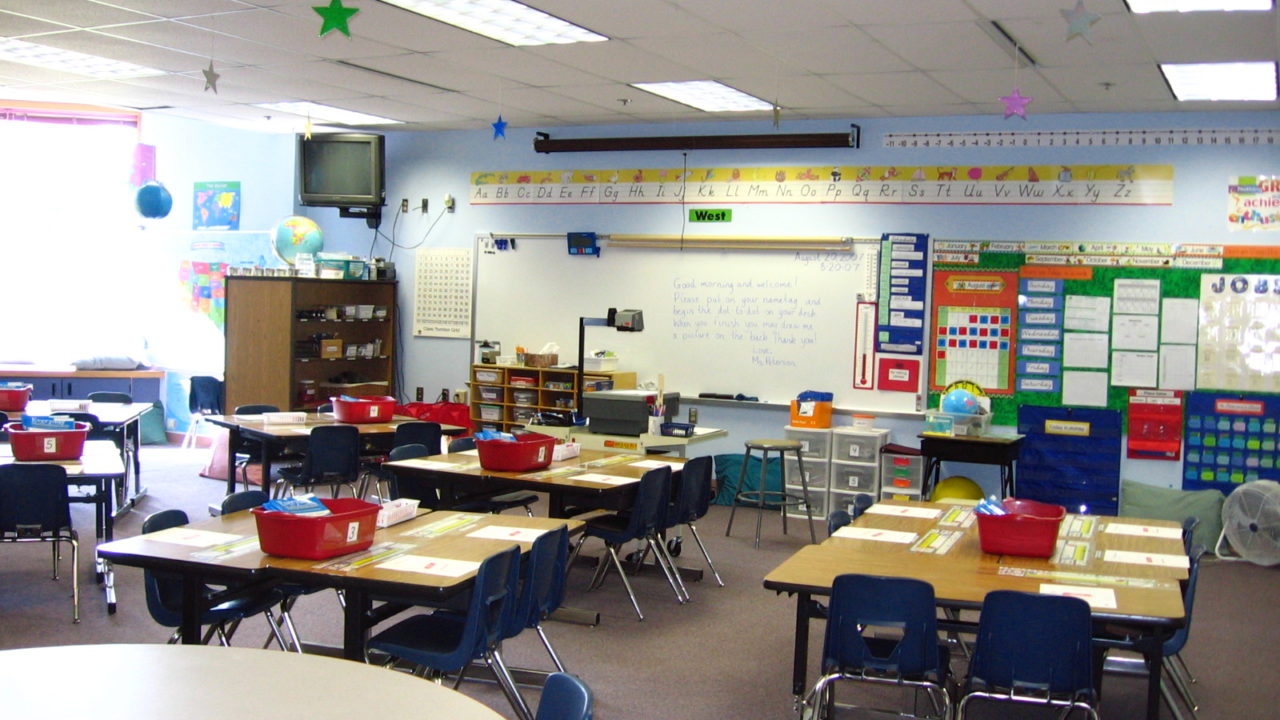East Derry MLA Claire Sugden has expressed concern that the vital contribution of rural schools to their communities is not being considered in a purely cost-driven approach to school sustainability.
A report by the Education Authority last week (beginning January 17) said there were too many small and unsustainable rural schools.
Nearly 44% of rural primary schools have fewer than the recommended threshold of 105 pupils and just over 47% of rural post-primaries have numbers below their threshold of 500 pupils.
“The Department of Education’s Sustainable Schools policy has created these thresholds – which are rightly lower than for urban schools," she said.
"The Education Authority has also outlined the increased costs that come with operating schools with fewer numbers of pupils.
“What also needs to be considered, however, is the role that these schools play in rural communities, the quality of education and the nurturing environment which make these schools vital community assets.
“There are many small, rural schools in Northern Ireland. They contribute so much to their local communities in terms of things like events and fundraising, providing a hub for locals and creating community cohesion.
“In my own constituency of East Derry we have already lost Bellarena and Ballyhackett Primary Schools in recent years.
"These were devastating for these communities and not just for those with a direct link to them. We cannot afford to lose any more.”
'Rural communities needed greater support'
Rural communities needed greater support and better provision of services, not less, Sugden said.
She highlighted the Rural Needs Act as a legal mechanism which important decisions such as schools provision must adhere to.
“The Rural Needs Act obligates the Executive and public bodies to take into consideration the impact of any changes made on rural communities and this must be adhered to closely to ensure these communities are not negatively affected,” Sugden continued.
“If a small community loses its school, families are less likely to move into the area and more likely to move out.
"This has inevitable knock-on effects for other local businesses and services, effectively eroding these communities from within.
“The Executive does not do enough for rural communities as it is.
“I will be pursuing this closely with the Minister of Education and other ministers to ensure our already under-resourced rural areas are not further disadvantaged but instead are better supported in all areas including transport, communications, roads, health and, of course, schools."

